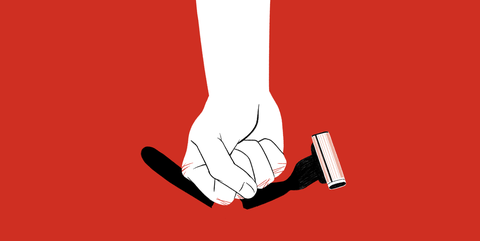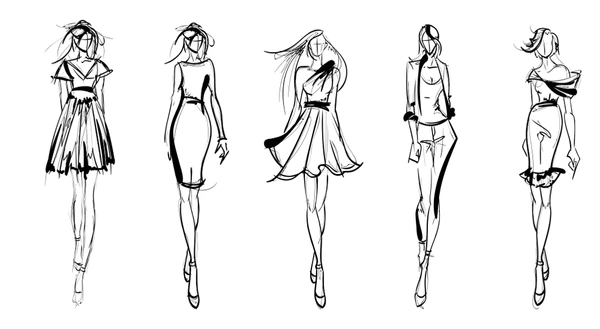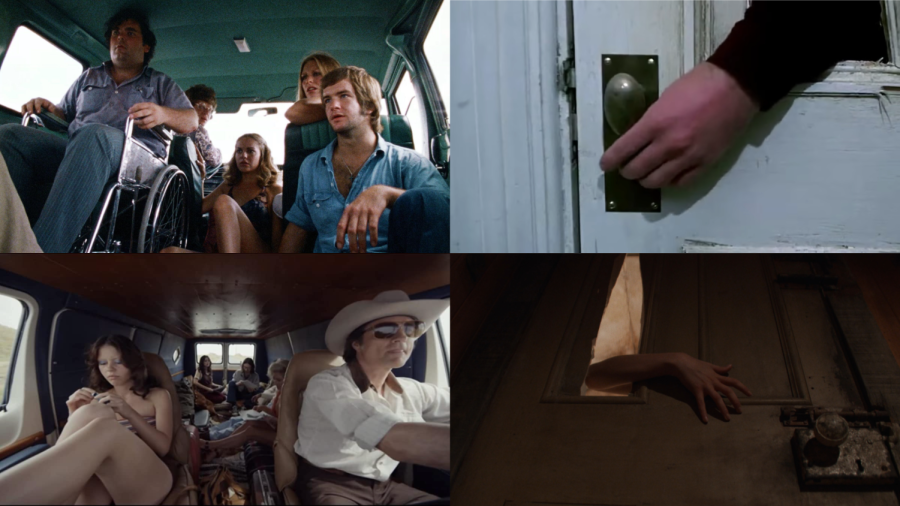In today’s harsh political climate, it almost seems impossible to avoid criticism when sharing anything labeled as “controversial” by the public eye. When Gillette released their latest advertisement, which courageously tackled the subject of toxic masculinity, they were met with immediate consequences: some praised the corporation for its stance on the issue while others claimed the advertisement is “conveying the wrong message” or “a marketing scheme to win the hearts of customers.” The advertisement encouraged the need to change the way young boys are raised and for men to hold other men accountable for their actions; it urged men to respect women and to treat one another with compassion instead of aggression. The advertisement illustrated how sexual assault, harassment, physical aggression, and lack of affection between men results from generations of excuses such as “boys will be boys.”
Gillette was both applauded and widely criticized for its stance on this issue; many claimed the advertisement attacked masculinity as whole. Those who stand behind that argument, however, may find themselves failing to distinguish between masculinity and toxic masculinity. To clarify, masculinity is not inherently bad, but when it enforces harmful stereotypes and encourages harassment, it becomes dangerous and toxic. Toxic masculinity negatively affects men, women, and children; it may lead to poor mental health, acceptance of inappropriate behavior, and objectification of women. Toxic masculinity is one of the many subjects that needs to be addressed by our society, but is often ignored because it is deemed too sensitive a topic.
Additionally, many claimed Gillette’s advertisement was simply a marketing strategy to attract customers. In reality, online the video received millions of dislikes and only thousands of likes, clearly demonstrating that this video was not beneficial to Gillette’s reputation. Many celebrities, such as Piers Morgan and James Woods, have announced that they will not be purchasing Gillette products in the future. Immediately after the video aired, rival companies such as the Dollar Shave Club tweeted messages to welcome new customers to their company.
Honestly, I believe Gillette’s advertisement was a risk that did not pay off. Gillette used their platform to send an important message to the public, but they did so at a cost. Advocacy may help one gain followers, but it may create even more enemies in the process.
Attached is the original Gillette commercial that sparked a global conversation about how masculinity should be defined in modern society.







